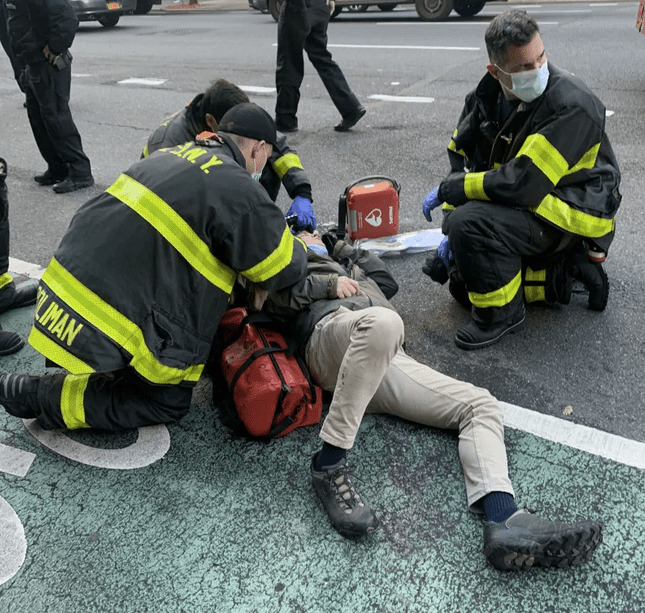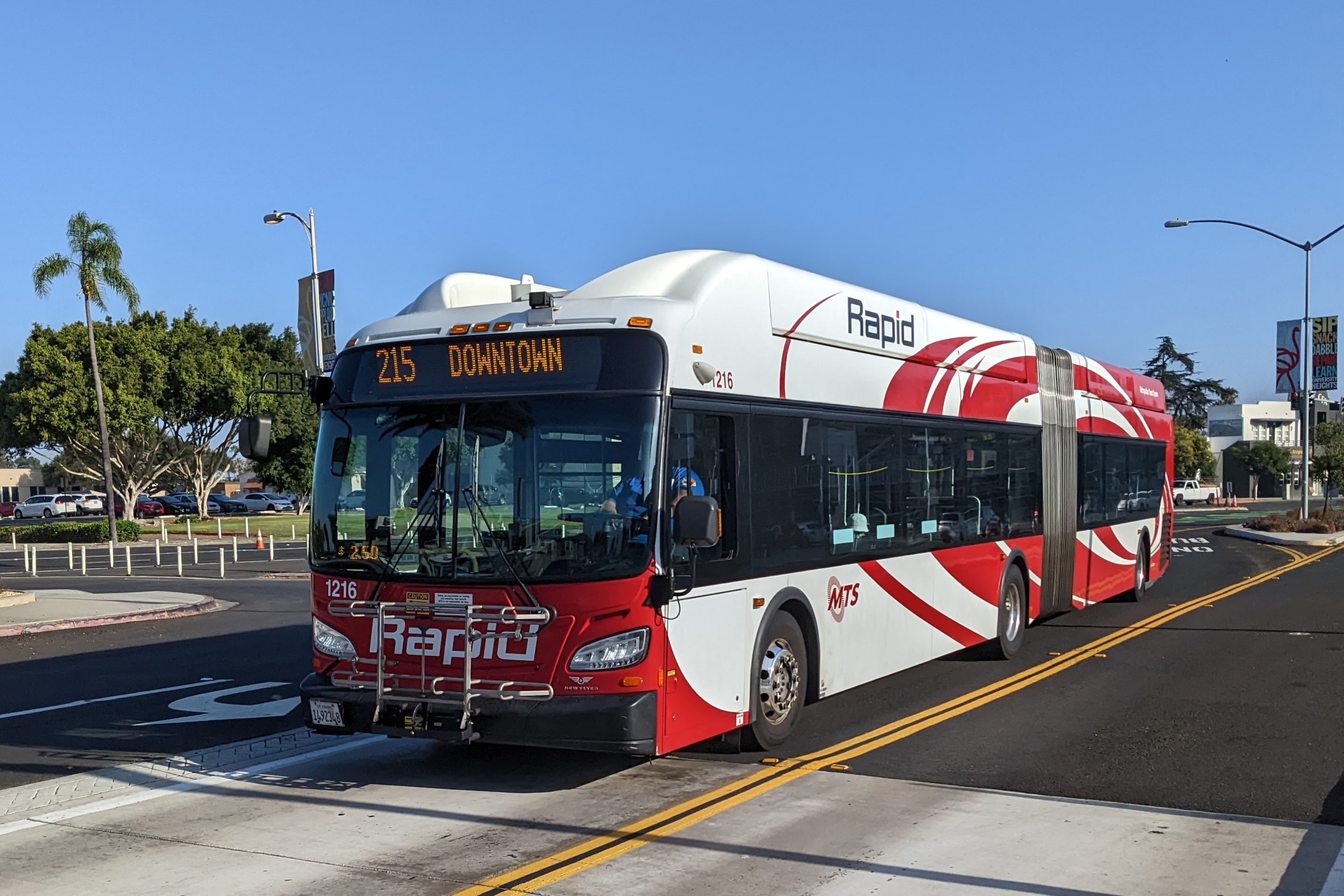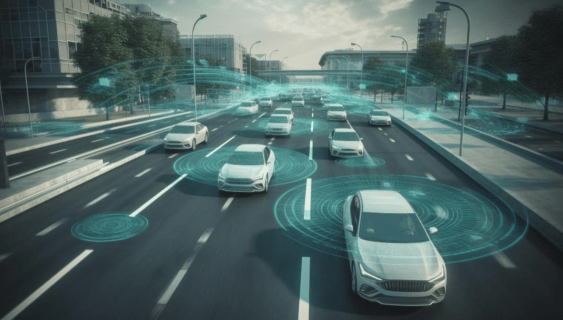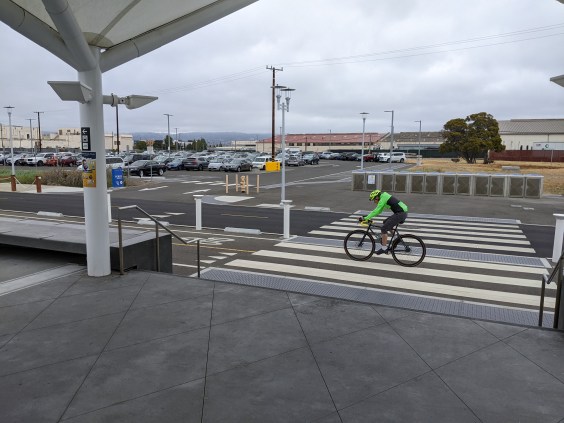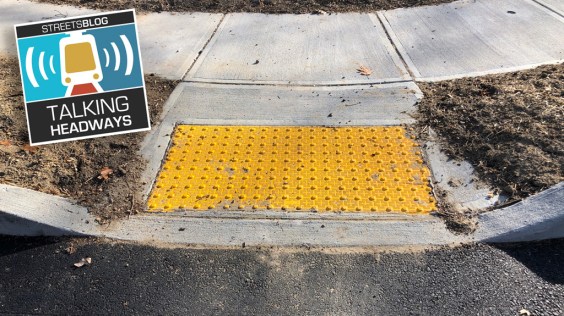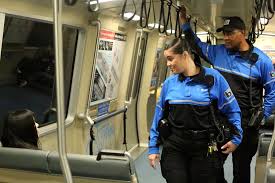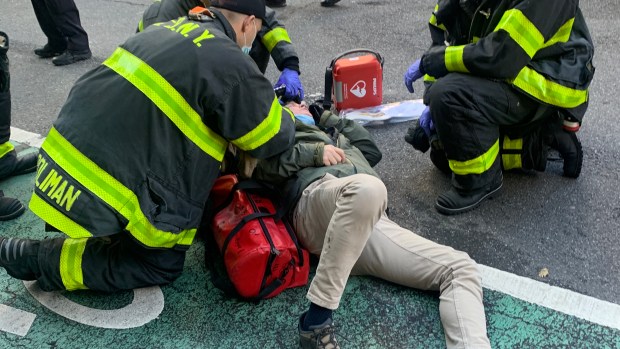
President Biden must commit to a strategy to reduce road deaths in the United States to zero by 2050, a coalition of street safety groups told the new president even before his first full day in office.
On Wednesday, as the Biden Administration was still setting up its voicemail systems and disinfecting the press briefing room, more than 74 organizations sent a group letter to the White House reminding the new president of that which he knows so painfully well: that almost 40,000 Americans die every year on our roadways — and that government must do more to get that number moving to zero much faster.
“For decades, we have known the solutions in this country and watched other countries make incredible progress towards this goal, while we have lacked the leadership to make roadway safety a national priority in the United States,” says the letter, which is signed by such groups as Families for Safe Streets, Denver Streets Partnership, Governors Highway Safety Association, AAA, National Association of City Transportation Officials, League of American Bicyclists, Mothers Against Drunk Driving, Transportation Alternatives, Transportation for America, the Vision Zero Network, a former NHTSA chief of staff and Jersey City Mayor Steve Fulop. (New York City Mayor Bill de Blasio, who committed his city to Vision Zero in 2014, is not on the letter.)
“We look to you, as a leader with lived experience, to prioritize a goal of zero fatalities and advance accompanying policies across your administration,” added the letter, which does not use the term “Vision Zero.” “We encourage you to engage and lead on this topic globally, joining other nations as they share efforts in road safety.”
It’s not rocket science — but it does require a multi-pronged approach to getting drivers to stop jetting around. Solutions include but are not limited to: mandating road redesigns to make it impossible to speed; a massive expansion in automated camera enforcement; adding speed governors inside all vehicles; requiring technology that alerts drivers when they are exceeding the speed limit; mandating retraining after speeding tickets or after any crash; eliminating federal rules that undermine local efforts to improve walkability; preventing states from setting fatality targets that are above previous years’ death toll; boosting transit and Amtrak; creating a vehicle-miles-traveled tax; dismantling urban highways that have disproportionately affected poor and BIPOC communities; and requiring changes in insurance rules.
It’s all in a 2018 report by the Road to Zero Coalition [PDF].
Even one life lost is too many. Join us, @NYC_SafeStreets, Toward Zero Deaths, @Visionzeronet and @RoadtoZeroUS in calling on @POTUS to commit to #ZeroTrafficDeaths https://t.co/bggouOtAVd https://t.co/cDzKscPg0R pic.twitter.com/Jsejrhm1dV
— National Safety Council (@NSCsafety) January 21, 2021
But too little has actually been accomplished as pedestrian deaths began rising dramatically in 2009 after a period of decline (even hitting a 30-year high in 2019). Road deaths of walkers are up 60 percent since that Obama-era nadir — which many experts believe is a function of driver distraction in the smartphone age. Traffic crashes remain the leading cause of death for people under the age of 25. Biden knows that all too well, given that his first wife and a daughter were killed in a crash in 1972.
“As individuals who have also been personally impacted by traffic violence, Families for Safe Streets members across the country are counting on President Biden to help prevent the needless suffering that he too has personally experienced,” said Amy Cohen, a co-founder of Families for Safe Streets, the New York-based network of victims, whose son, Sammy Cohen Eckstein, was killed by a driver in 2013. “These deaths have bisected our lives and fractured our families. Our country needs a leader who will commit to zero traffic deaths and end this devastating, preventable public health crisis.”
There are already indications that the Biden Administration is taking road safety seriously. At his confirmation hearing on Thursday, Transportation Secretary nominee Pete Buttigieg called out “auto-centric” transportation and noted the importance of street design to encourage biking and walking. He added that funding should follow, which prompted the League of American Bicyclists to tweet, “We’ll certainly be following up on that commitment.” (The group is also keeping the pressure on the National Highway Safety Administration, a U.S. DOT agency, to set good rules for the testing and ultimate deployment of automated driving technologies. Any AV protocols “must prioritize the safety of people biking, walking, and using wheelchairs,” the group said.)
For now, though, most activists have to take a wait-and-see (-and-advocate) approach to the new administration:
“There are a lot of important items for this administration to tackle, but we could be doing much more to reduce the suffering caused by road crashes,” said Angie Schmitt, a former Streetsblog USA editor who last year published “Right of Way” (Island Press) about the pedestrian death crisis. Schmitt said she is optimistic about how the Biden Administration is shaping up, but urged it to follow the lead of other countries.
“For example, Canada has about half the per-capita traffic fatality rate as the U.S. If we could match their level of success (which is bad compared to the leading cities in Western Europe and Asia), about 20,000 lives would be saved annually,” said Schmitt, who said immediate, low-hanging fruit include updating the vehicle safety rating system to include pedestrian safety and updating the Federal Highway Administration’s manual — aka the MUCTD — to prioritize the safety of walkers and wheelchair users rather than prioritizing vehicle movement.
Streetsblog reached out to the U.S. DOT for comment, and the agency is, as you might expect, a bit busy, what with Buttigieg’s confirmation hearing and releasing a slate of appointees (including New Yorkers Meera Joshi and Dani Simons). We will update this story if we hear back.
